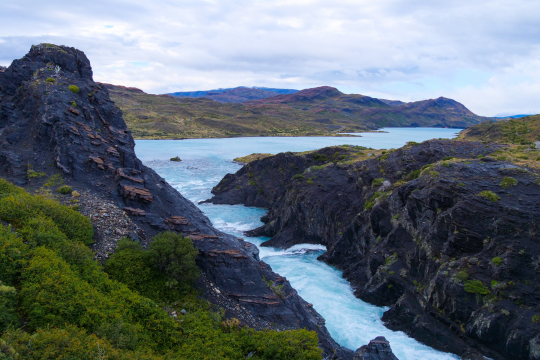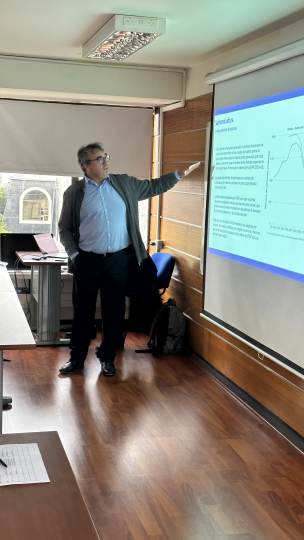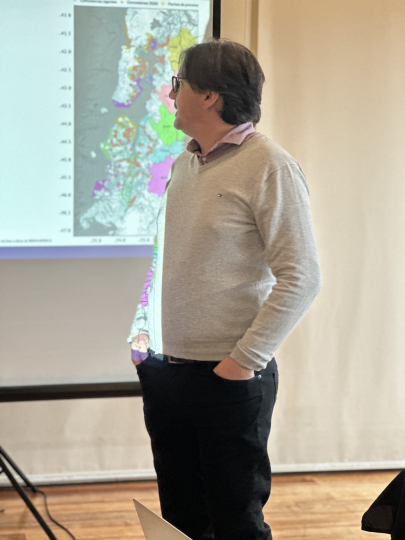Carlos Chávez and César Salazar, fellow researchers from EfD Chile, are part of a team of Chilean scientists that has received funding from the Chilean Ministry of Environment to develop a tool that can assess climate change-related risks and guide environmental regulations for rivers in northern Patagonia.
The project involves researchers from several universities and research centers, as well as local communities. It focuses on the main rivers that flow into the Patagonian fjord and channel system: Puelo, Yelcho, Palena, Cisnes, and Aysén.
The project is motivated by concerns about the particular vulnerability of the Patagonia region to climate change. Climate change is causing droughts, lowering the water flow, and impacting negatively the provision of freshwater for marine life that supports aquaculture and contributes to the region's tourism industry.
Assessing climate change consequences on rivers
This new tool developed by the project will assess the risk of environmental damage to the river due to droughts considering the river's current condition, its sensitivity to climate change, and the economic and social impacts.
The researchers say that the tool will help to ensure that environmental regulations are implemented in a way that is both effective and fair, involving local communities to gather data and feedback so that it's relevant to the needs of the people who live in the region.
The project has the potential to help protect the health of Patagonian rivers and the ecosystems they support. Also, it could help to guide the development of new environmental regulations for Patagonian rivers.
By Belén Pulgar.


